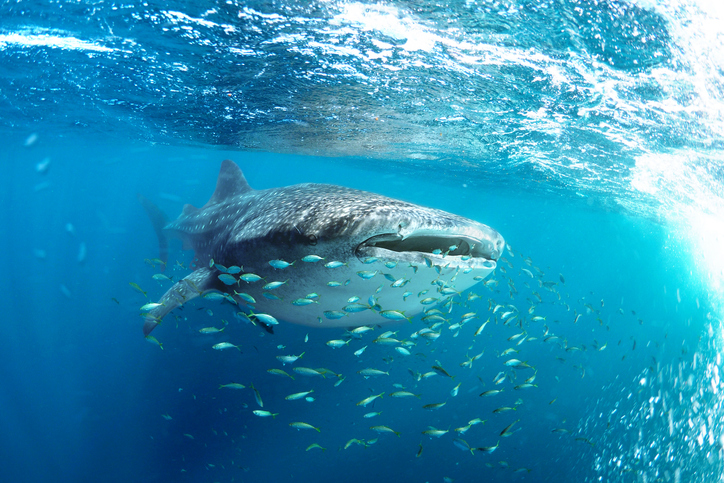
HSE Advocates for Environmental Transparency
More than 40% of Russian citizens consider changing their place of residence due to environmental problems. This was a statistic cited by Lyaila Sinyatullina, Head of the Department of Advanced Studies at HSE University’s Institute for Public Administration and Governance, at a roundtable dedicated to an environmental information bill that will be reviewed by the Russian State Duma.
78%
of students and graduates of HSE Moscow are satisfied with the quality of their education. At HSE Perm, this figure is even higher, standing at 84%. These are the results of a survey of students and graduates of leading Russian universities, conducted by Changellenge>> . HSE Perm came in second and Moscow and Nizhny Novgorod campuses shared the third place in the ‘satisfaction with the quality of education’ category.
Who Feels Poor in Russia
The level of education, the size of the settlement, and the social status can all seriously affect the chance of feeling poor in Russia. These are the findings by experts of the HSE Institute for Social Policy, revealed as part of their regular Monitoring of the Social and Economic Situation and Well-being of the Population.
28%
of top managers at large and medium-sized Russian industrial companies expect their companies’ production to grow by late spring 2016. This is one of the best forecasts in the last two years.
Not Aware but Beware: Russians’ Paradoxical Attitude to Achievements in Research
Russians do not show much interest in information about science and technology, despite being certain that they are knowledgeable about the topic. And they differ from Europeans in this. The average proportion of those who read popular science journals in Europe is 4 times higher than in Russia, but Europeans are more modest in evaluating their awareness about achievements in research than Russians.
-26%
was the consumer confidence index in the fourth quarter of 2015. This is one of the lowest indicators in the six years following the 2008-2009 crisis.
30%
of entrepreneurs in service industries reported a decrease in consumer demand for their services in the fourth quarter of 2015.
76%
of Russians believe that ordinary customers shouldn’t worry about product manufacturing having a negative effect on the environment, people or animals. Instead, they believe that this should be a concern for the state and businesses.
90%
of Russian families are generally satisfied with the quality of the education that their children receive in universities.
22.4%
of those who are currently working toward Candidate of Science and Doctor of Science degrees in Russia are younger than 40 years old.

